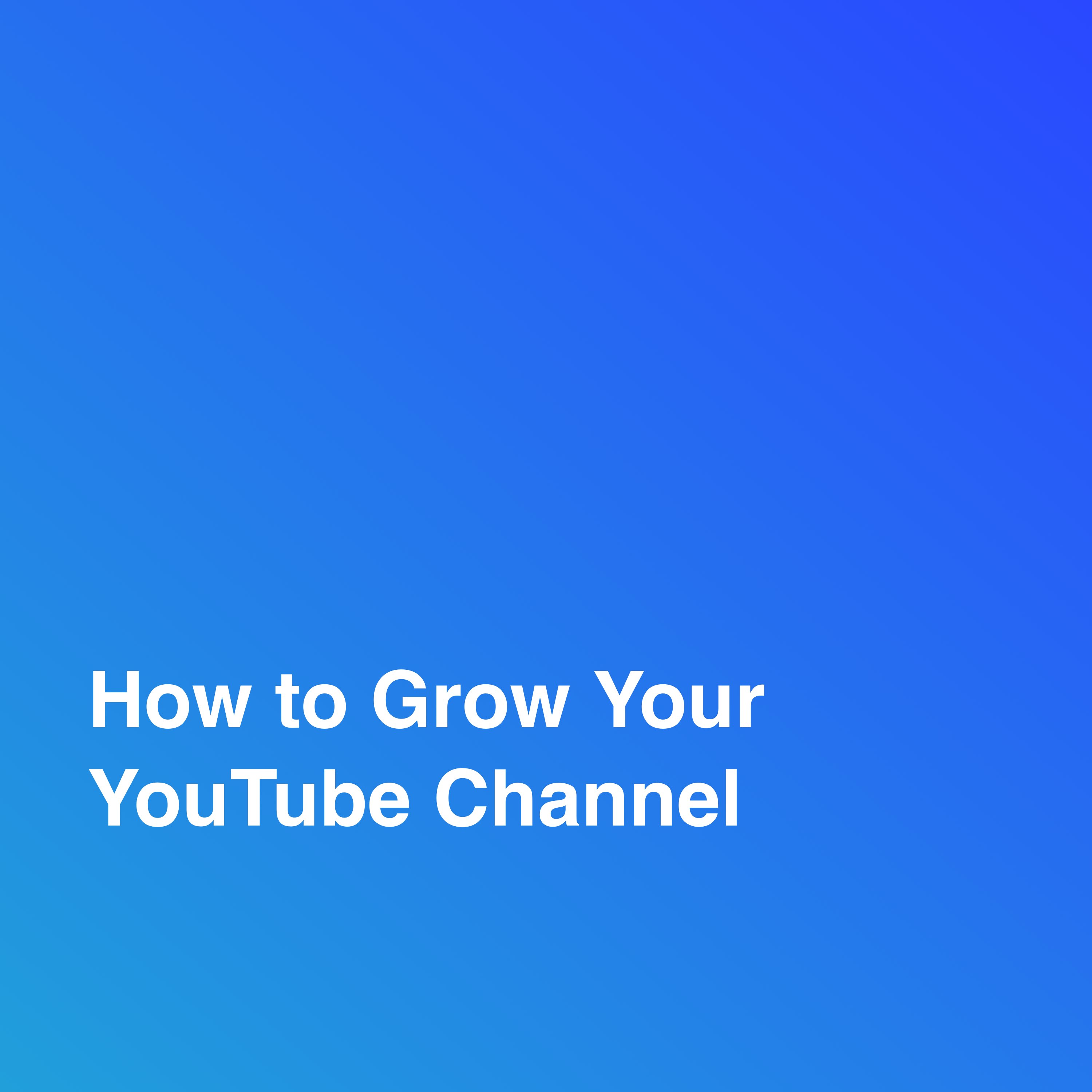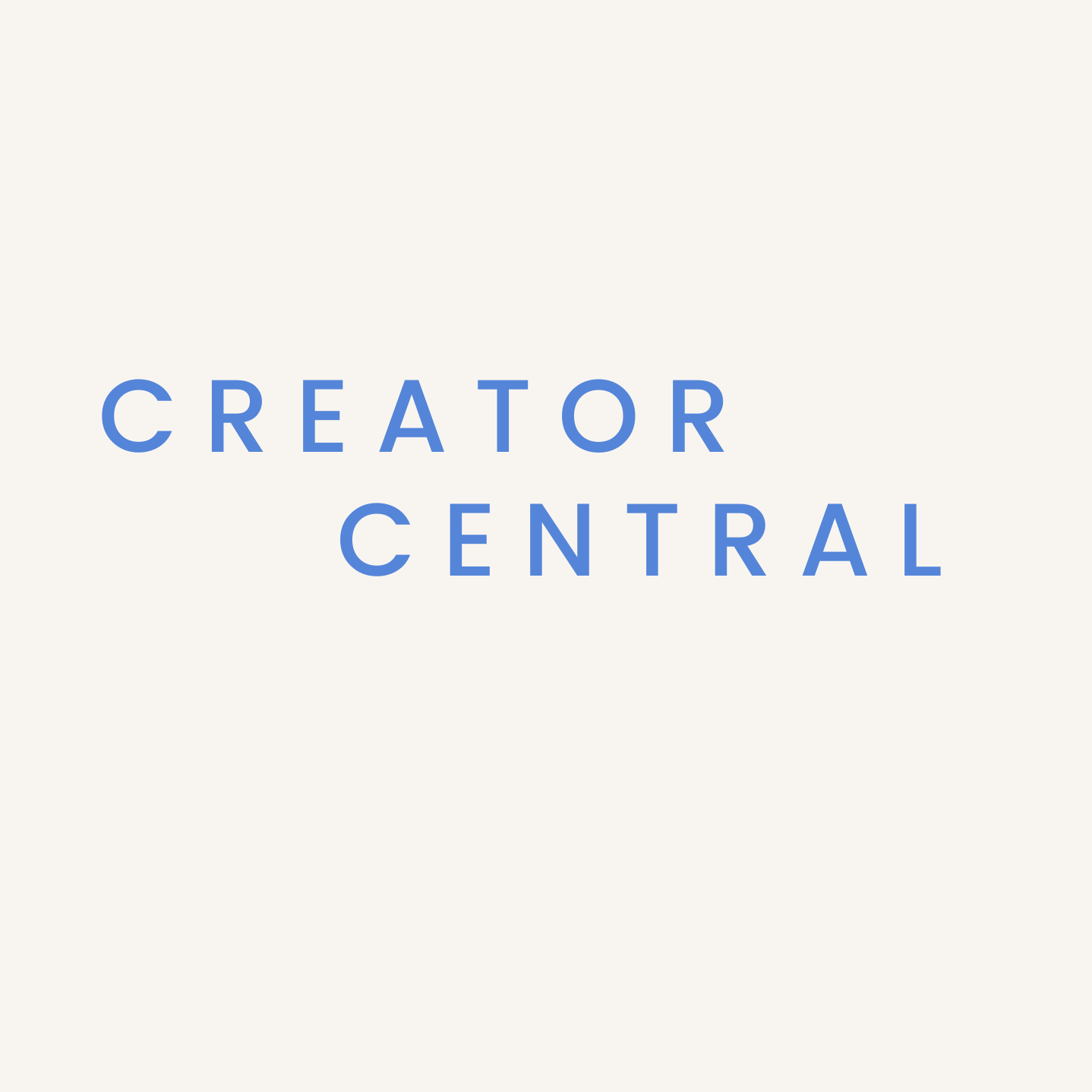Episode Transcript
[00:00:00] Speaker A: Welcome to the Creator Central podcast. Today we're talking about which platforms to focus on. Facebook, Instagram, Twitter or X.
Snapchat, TikTok, YouTube, Pinterest. I mean, there's so many. There are so many platforms. It can be overwhelming, especially as a new business, a new creator, a new influencer.
And our advice would honestly be, it depends, you know, there is no one size fits all. It depends on your situation, how much time you have to give, whether you're a business, a brand, or an influencer.
It all depends on those factors. And, you know, if you're a brand, it depends on what you're selling. If you're a business, it depends on the type of business you are.
There are benefits to each platform and they each fit a specific, in our opinion, a specific niche of, you know, what could help benefit you the most. And Sarah, why don't you speak to, you know, if you're on the influencer side of things, you know, what platforms are best?
[00:01:21] Speaker B: The best platform that you want to start with is just by looking at what content you have is how you will choose. So if you have only photos, you probably don't want to start with YouTube. That just is not going to be realistic. It probably won't keep up if you try to maintain it. So maybe if you already have a lot of photo content, start with Instagram or Pinterest interest.
[00:01:51] Speaker A: Yeah, yeah.
[00:01:55] Speaker B: But if you have so much video footage and you want to do something with that, you could start on TikTok. You could start on YouTube. You could look at what orientation it is. So if it's vertical, maybe you start with TikTok, with landscape on YouTube. So really just kind of looking at what you have or what would be feasible for you to try to get content of and choosing that way. So that way it makes sense and it's something that you can keep up.
[00:02:30] Speaker A: Yeah. And generally speaking, like, you're going to have a mix of audience on each. But when it comes to, like, the brand or business side of things, if you know your audience is a specific demographic and that is strictly who you sell to as a brand or business, then you want to align your platform with the demographic that you're trying to market to, obviously. So that's where TikTok is, is very young on average, and then it kind of goes up to Instagram, YouTube kind of in that same category, and Facebook from there as an older platform, it's kind of aged up over the years, which is typical with platforms.
We will likely see TikTok age up as well.
And then, you know, Snapchat is a bit of a younger demographic as well, and LinkedIn is obviously older, but there's not, you know, there can be selling that happens on LinkedIn, but from a brand perspective, that wouldn't be the first place to go. But, you know, if you have.
Yeah, from a brand perspective, you know, yeah, it depends on your business or brand. I mean, there could be some where you want to be on LinkedIn. There could be some where, you know, it's not going to benefit you that much if you're selling product per se. You know, if you were selling a t shirt, you know, is LinkedIn really going to be the place to sell it? Maybe. Maybe some additional sales, but it's probably not going to be your biggest driver when it comes to selling product.
We would probably advise going to a Facebook, Instagram, TikTok, even depending on your demographic. But then if you're a traditional b, two b type service where you're trying to reach leaders of an organization organization, you're trying to reach specific people that are hired in an organization or just decision makers.
Doesn't necessarily have to be c suite. Well, that would be b to b. That's where LinkedIn would be a good place to be for your brand or.
[00:05:09] Speaker B: Business or a services business.
[00:05:13] Speaker A: You can also do someone like a marketing business.
[00:05:18] Speaker B: You know, it's a good way to, like, if you're a thought leader, if you want to be seen as a thought leader.
[00:05:25] Speaker A: Absolutely. To share your thoughts. And that's where x, you know, you can jump on there and kind of share your thoughts and be a thought leader in, in that way and then kind of express yourself and show your expertise. That's a good place to do it.
But, you know, in terms of selling directly, it's hard to be like Facebook ads. Google Ads are really good from an ad standpoint, from an organic platform, Google search, doing organic posts on your website that are going to get good search results over time and going to rank your website higher for that specific, for your specific business and what you're trying to market and sell.
And, you know, if you're looking to, like on the influencer side of things, we wouldn't necessarily say, you know, unless you are a thought leader influencer, we wouldn't necessarily say LinkedIn is going to be the best place to go or the first place to go.
But yeah, it really just depends, you know, I mean, you could be an influencer in the comedy space. Well, tick tock is a great place to be, and that's a place that you could grow really quick organically if people like your content. And it's kind of like, you know, if, if you're funny, they'll tell you. If you're not, they'll tell you, you know, you'll figure it out pretty quick. So all in all, it just, it really depends on, on your business. And if multiple platforms are a good fit and you can have a good mix across a bunch of different platforms, like as a marketing agency or a services business, you could benefit from being on all platforms or most all platforms. Well, then it's just, do you have the time commitment, the team, the capacity, the people to get it done and to post enough content specific to those platforms to make it worth your while? Or does it make sense to just say, well, we could sell on all these platforms, but let's just focus on one or two of them at first and kind of build and grow from there?
[00:07:40] Speaker B: Definitely. If you feel like you're spreading yourself too thin, it's better to just kind of even go strong with one platform and maybe post on some of the others, like when you have the capacity, but really focus in on that one versus letting them all just kind of lay low and not perform well.
[00:08:06] Speaker A: Right. And to where you can't be as active on all of them combined, but you could be really active on one. It's better to be really active on one and cover more ground, reach more people.
And that's our advice. That's, you know, I mean, it's specific to your brand business or you, what type of influencer you are. So if you want, if you like this episode and want more in depth, let us know and we'll see if we can get more specific. There's a lot to it. There's a lot to choosing a platform, and there's a lot that goes into it, and it really just depends on what your goals are.
But when you align them, you can see solid success and performance on your favorite platform or your favorite mix of platforms.
And that's a wrap on this pod. All right, we will catch you guys in the next one.
Get after it. Bye.


